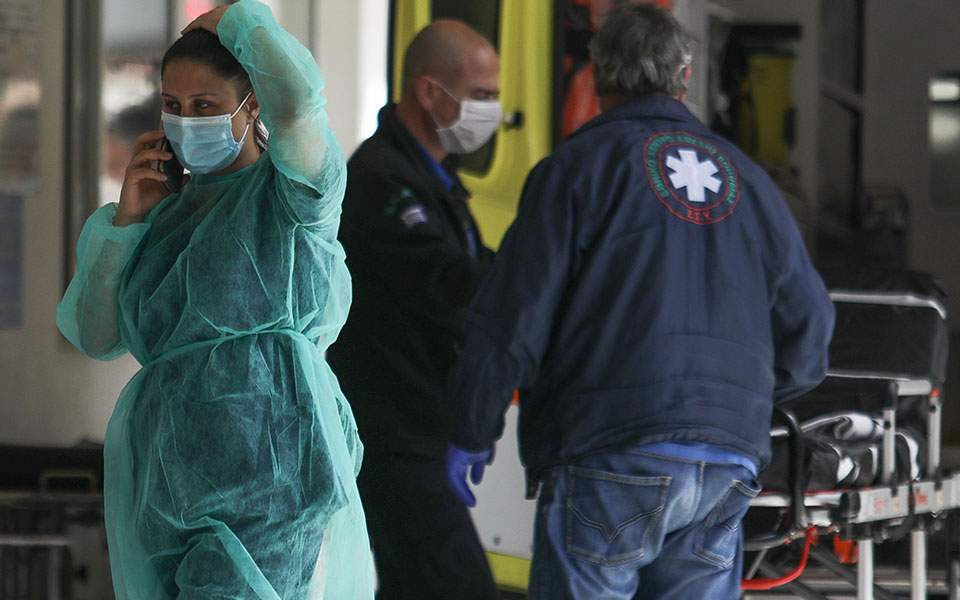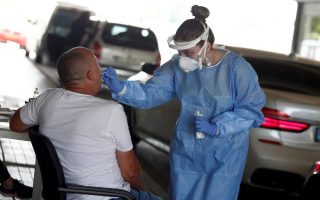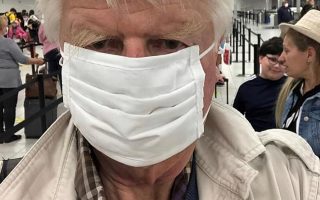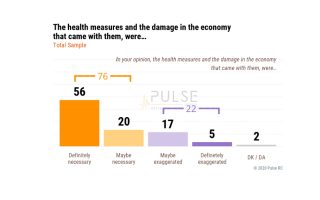Efforts focus on bringing down R number

Amid an upward trend in coronavirus infections, Greek health authorities are focusing their efforts on bringing the R number, signifying the rate of transmission, below 1.
With 124 new infections reported on Wednesday, a day after 121 cases were reported, health officials are increasingly concerned about the spread of the virus and are appealing to citizens to display greater vigilance in observing health and safety precautions, notably by wearing face masks and practicing social distancing.
Greece’s R number was 0.4 in mid-July and authorities are determined to bring it back below the current level of 1, which signifies that each new infection on average brings one more.
Of the 124 new cases announced on Wednesday, only 24 were connected to international travel, with health officials particularly concerned about transmission within the community.
Twenty-two of Wednesday’s cases were located in Attica while many of the remainder were traced to weddings, a meat processing factory in Kavala and a military facility in Volos.
There are also concerns about four unsourced infections at Thessaloniki’s Gennimata Hospital and six doctors from hospitals in Larissa who tested positive for the virus while on holiday in Halkidiki.
The new cases brought the nationwide total to 4,973, with one more fatality bringing the death toll to 210.
Health Minister Vassilis Kikilias said August would be a crucial month for the evolution of the virus and called on all citizens to show a responsible stance, making a particular appeal to the young to be sensible and consider others. “We must all be careful,” he said. “No one is invulnerable.”
For his part, Prime Minister Kyriakos Mitsotakis warned that complacency is not an option if the number of new infections is to remain low in the country.
Speaking at the start of a regular teleconference on developments concerning the pandemic, he said the recent “significant rise” in new cases is different from that observed at the start of the pandemic.
“The increase in new cases is mainly due to a relaxation of the compliance measures within our country in July. And I believe we all have a responsibility for this. Only 10 percent of cases are imported; most cases at the moment are domestic,” he said.





